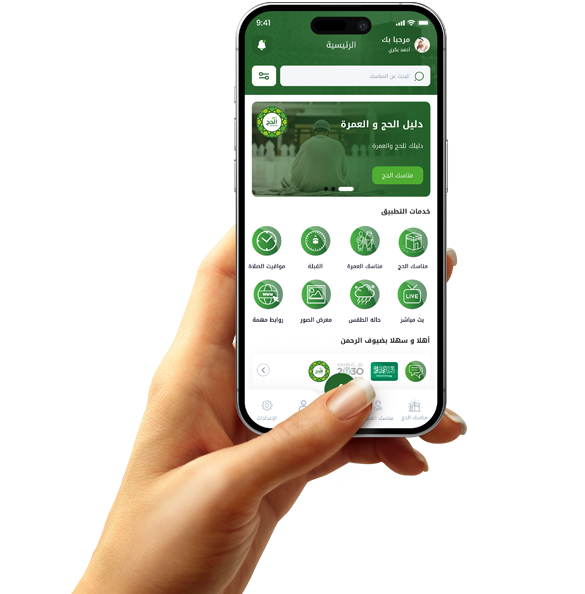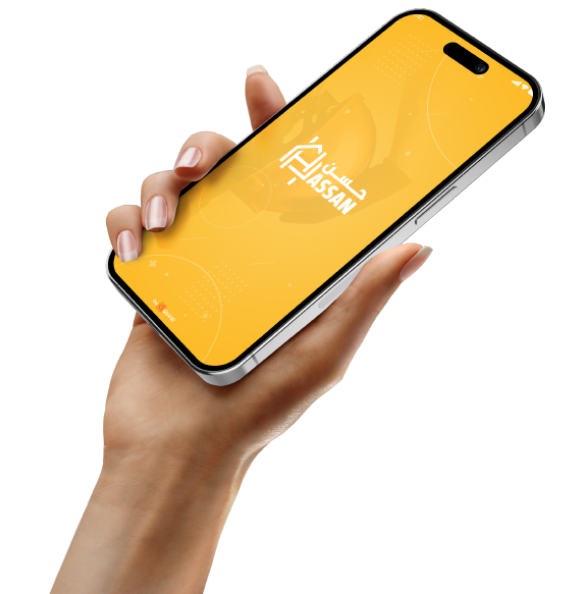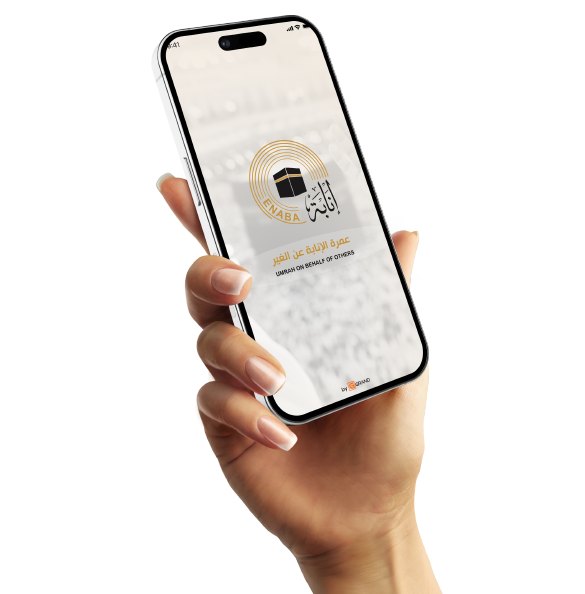The role of electronic applications in shaping the future of daily life

The Future of Daily Life in Light of Expanding Smart Applications
Electronic applications have become an integral part of daily life, providing quick and efficient solutions that help individuals accomplish their tasks with ease. With the continuous development of technologies, applications are now able to meet users' needs in various fields such as shopping, transportation, education, health, and entertainment, significantly contributing to a better quality of life. Applications are distinguished by their ability to provide instant services based on artificial intelligence and digital analytics, making them more accurate and flexible in meeting expectations. These applications have also become a significant source of time and effort savings, offering quick access to information and services without the need for traditional methods. The expansion of smart applications has helped change people's daily behaviors, making their use indispensable in modern societies. Furthermore, applications contribute to supporting the digital economy and creating new job opportunities in the fields of technology and development. With the anticipated future integration of applications and artificial intelligence, digital experiences will become more personalized and efficient, making the future of daily life easier and more organized, and reinforcing the role of applications as a key element in shaping contemporary lifestyles.

The Impact of Digital Applications on Improving the Quality of Education
Educational applications have revolutionized the concept of learning, enabling students to access lessons anytime, anywhere, and providing interactive content that enhances understanding. They have also fostered learner autonomy through tools that allow students to track their progress and identify their strengths and weaknesses. Furthermore, they have facilitated communication between students and teachers through platforms for assignments and instant quizzes, making the educational process more flexible and organized. These applications offer diverse resources to suit various learning styles, such as videos, multimedia, and interactive simulations. With the integration of artificial intelligence in some of these applications, it has become possible to provide personalized learning plans for each student based on their performance. This has led to improved learning outcomes and increased student motivation. As technological advancements continue, reliance on these applications will increase, enhancing traditional teaching methods and making education more accessible, comprehensive, and innovative.

The Role of Electronic Applications in Developing the Modern Work Environment
Electronic applications have revolutionized the workplace, becoming essential tools for employees and managers to organize tasks, manage time, and improve productivity. Project management applications provide a clear view of workflow and task distribution, enabling teams to collaborate efficiently, even remotely. Virtual meeting software offers effective communication solutions, reducing the importance of geographical location and creating new opportunities for online work. Professional applications help enhance employee skills through digital training platforms that offer easily accessible specialized courses. They also contribute to accelerating company processes and reducing operational costs through automation. This has fostered innovation and increased competitiveness. As future applications evolve, the work environment will become more flexible and technologically driven, making it a central pillar of the future of jobs and productivity.

The Impact of Smart Apps on Time Management and Personal Productivity
Time management apps play a vital role in helping individuals manage their daily tasks more effectively. They offer tools for prioritizing tasks and reminding users of important appointments and projects. They help break down tasks into smaller steps, making them easier to complete and reducing procrastination. These apps also allow users to track the time spent on each activity, helping them understand how they use their day and improve their habits. Furthermore, these apps contribute to increased productivity by providing daily or weekly reports on achievements. Thanks to their simple interfaces and ability to sync across different devices, they have become an essential part of many people's daily routines. With the development of artificial intelligence systems, these apps now offer smart suggestions for better day organization. This makes time management easier, directly impacting quality of life and increasing personal achievement.















